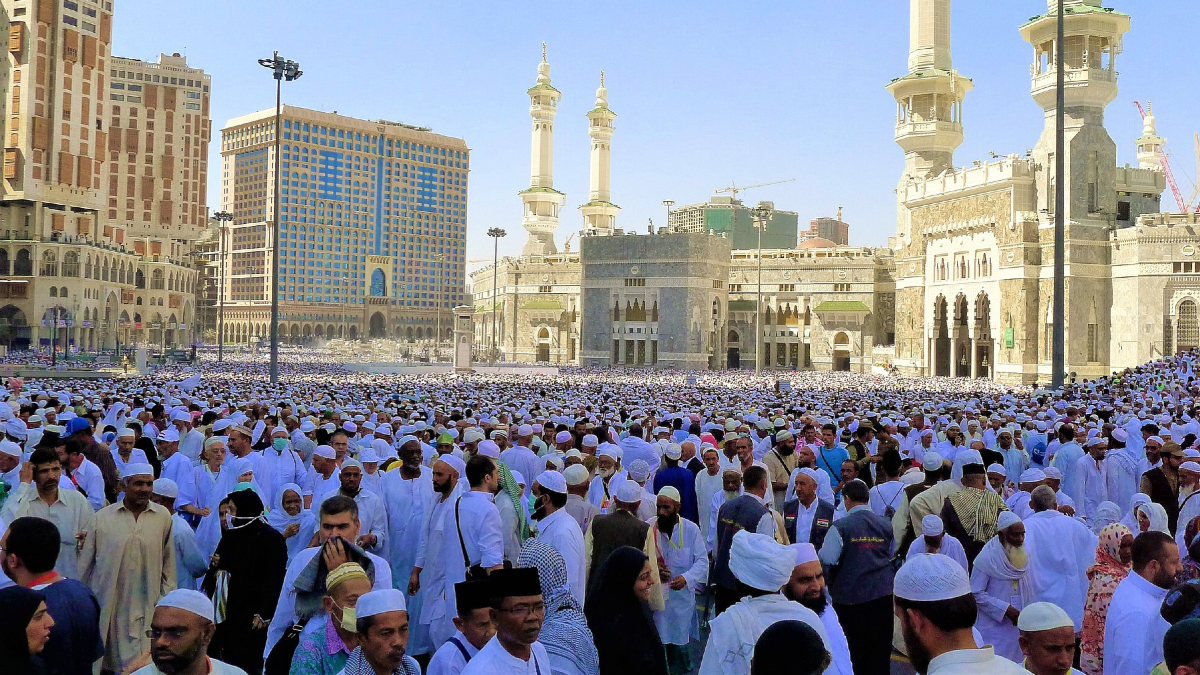This year’s hajj pilgrimage has seen a tragic death toll exceeding 1,000, largely due to extreme heat in Saudi Arabia. Over half of the deceased were unregistered worshippers who faced severe conditions while performing the pilgrimage.
On Thursday, an Arab diplomat said in a The Guardian report that among the 658 Egyptians who died, 630 were unregistered pilgrims. The total death toll across about 10 countries has reached 1,081, highlighting the deadly impact of the sweltering heat during this significant Islamic event.
This year’s hajj, dictated by the lunar Islamic calendar, coincided with the scorching Saudi summer, with temperatures reaching as high as 51.8°C (125°F) at the Grand Mosque in Mecca. A Saudi study noted that temperatures in the area are increasing by 0.4°C each decade.
Many pilgrims attempt to join the hajj through unofficial means due to the high cost of official permits. Saudi authorities have been clearing unregistered pilgrims from Mecca, but many still participated in the rites starting last Friday. These unauthorized pilgrims, lacking access to air-conditioned facilities available to the 1.8 million registered participants, were particularly vulnerable.
“People were tired after being chased by security forces before Arafat day. They were exhausted,” said an Arab diplomat, referring to the day-long outdoor prayers marking the climax of the hajj. The primary cause of death among Egyptian pilgrims was heat-related complications.
Egyptian officials are working to identify and assist hospitalized citizens, with President Abdel Fatah al-Sisi ordering a crisis cell to manage the situation. Sisi emphasized the need for immediate coordination with Saudi authorities to expedite the return of the deceased’s bodies.
Other countries, including Pakistan and Indonesia, have also reported additional deaths. Pakistan has recorded 58 deaths out of about 150,000 pilgrims, while Indonesia has reported 183 deaths among its 240,000 pilgrims, down from 313 last year.
Deaths have also been reported from Malaysia, India, Jordan, Iran, Senegal, Tunisia, Sudan, and Iraq’s Kurdistan region. The exact causes in many cases remain unspecified.
Saudi authorities have begun the burial process for the deceased pilgrims, following their established procedures. Despite the efforts, notifying families, especially in heavily impacted countries like Egypt, remains a significant challenge.






